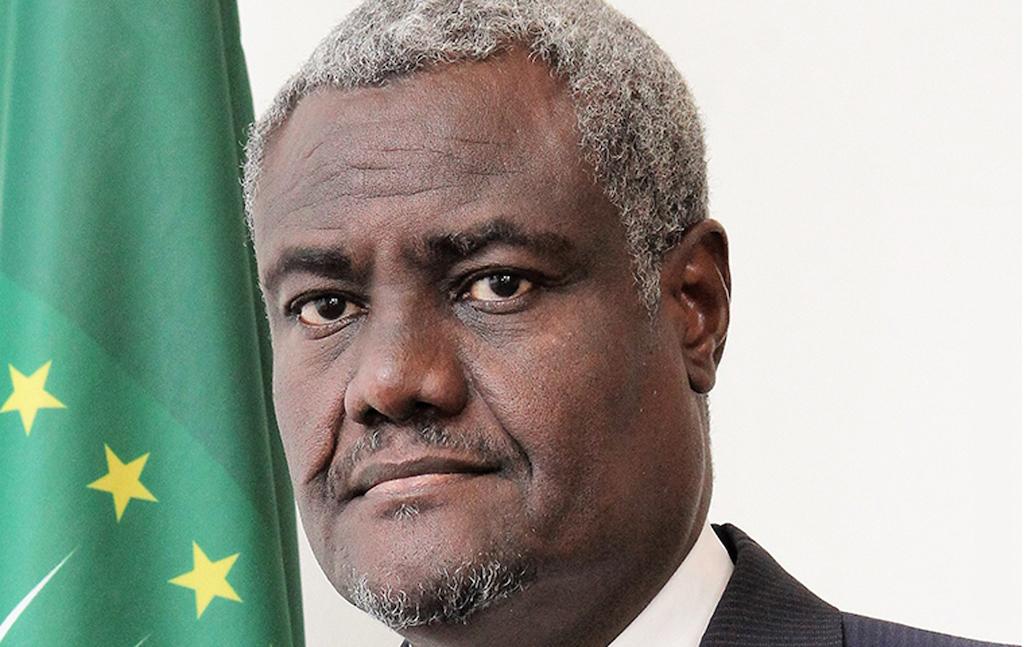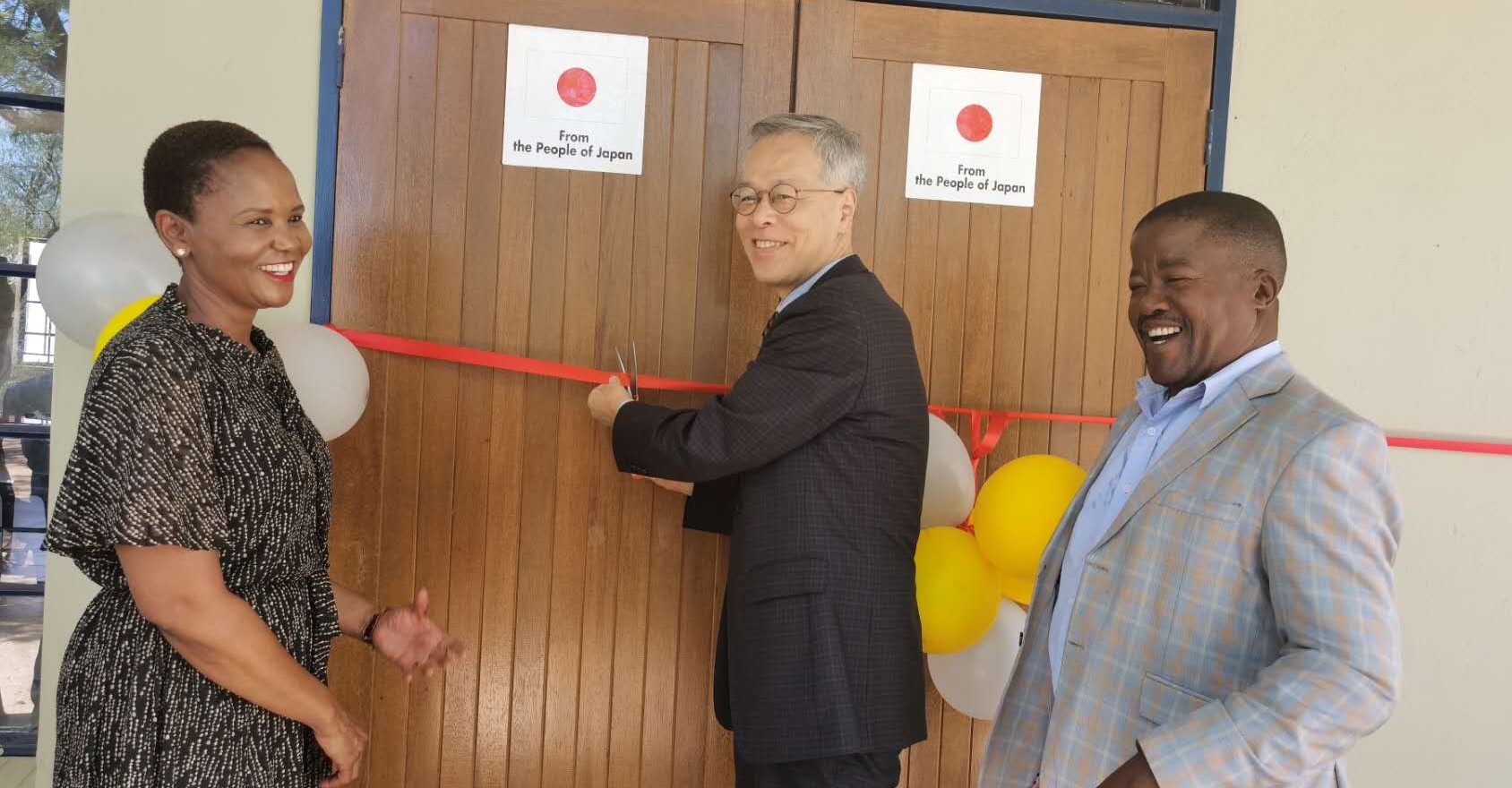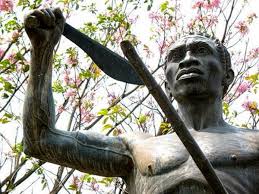
Mousa Faki Mahamat
| Afro-Palestine Newswire Service As the African Union (AU) Executive Council met this week in Addis Ababa, Ethiopia, Palestine has asked it to reverse a recent decision by AU Commission chairperson, Moussa Faki Mahamat, granting Israel observer status at the continental body. In an open letter to the AU released on Wednesday, Palestinian Foreign Minister, Riad Malki, said that Israel – which has occupied Palestine for more than 50 years – “forfeited any entitlement to have a seat at the African table.” Malki argued that Israel “must be held accountable and exposed, not rewarded and accommodated.” Israel’s observer status, wrote Malki, contradicted and made a mockery of the foundational principles of the AU, the purposes and principles of its Charter, and AU resolutions on Palestine. “The withdrawal of Israel’s observer status is a necessary validation of the African Union’s commitment towards its broader anti-colonialism and anti-apartheid political strategy,” appealed Malki. Palestinian political and civil society is united in supporting Malki’s position. Hamas recently called on African states to reject Israel’s observer status at the AU. The Boycott, Divestment, and Sanctions (BDS) Movement – the largest coalition of Palestinian civil society representing over 170 groups – urged the AU to reject Israel’s observer status. Africans join the Palestinian call African NGOs and governments are supporting the Palestinian call to remove Israel’s observer status. The Pan-African Palestine Solidarity Network (PAPSN) – with members spread across twenty African countries – was one of the first African groupings to object to Israel being granted observer status. Last month, Senegalese trade unions and civil society – including the Senegalese branch of Amnesty International, Senegalese Social Forum, FRAPP Senegal, and the Confederation of Autonomous Trade Unions of Senegal – urged AU member states to reverse Mahamat’s decision when they meet. South Africa was one of the first countries to reject Mahamat’s decision, stating that it was taken without consultation with AU members. In August, the 16-member Southern African Development Community (SADC) collectively objected to Israel’s observer status at the AU. Mauritania, Egypt, Algeria, Tunisia, Libya, Comoros, and Djibouti submitted similar objections to the AU. As a result of these objections, the matter will now be discussed at the AU executive meeting currently taking place. Split in the AU? Many African governments are concerned about the possibility of the AU being split down the middle as a result of Israel’s accreditation, says Na’eem Jeenah, executive director of the Afro-Middle East Centre (AMEC) – a Johannesburg-based research institute that focuses on Africa and the Middle East. Jeenah has been closely following developments about Israel’s accreditation to the AU and believes that most AU members do not want such a situation. At this stage, he thinks that no decision will be made at the AU executive meeting – for fear of splitting the meeting. “The greater likelihood is that a decision on the issue will be shifted to the Summit of the Heads of States in January or the next Executive Council meeting.” |








